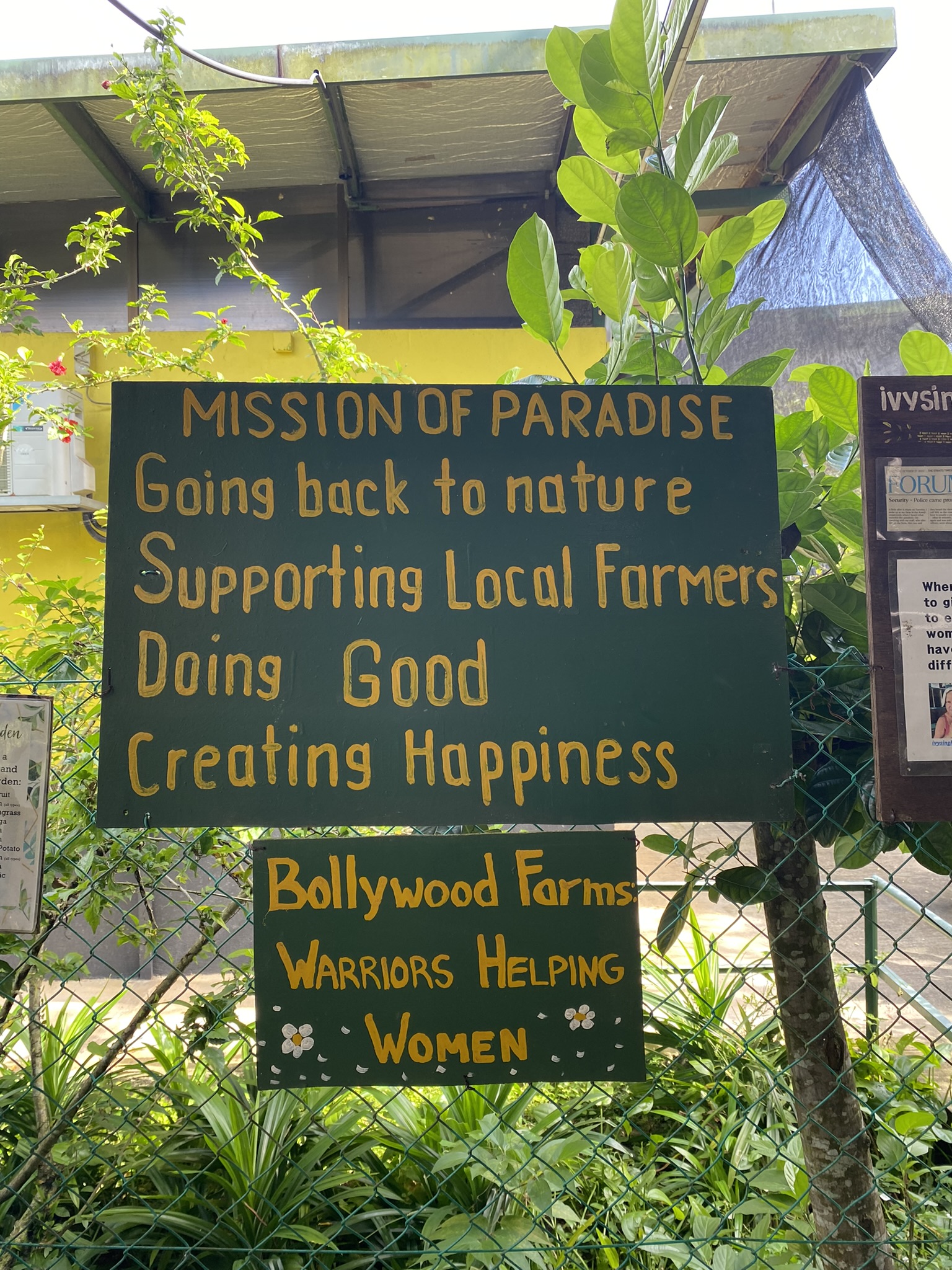New Website!
Jun 19, 2025
Posted by: Monique Parker
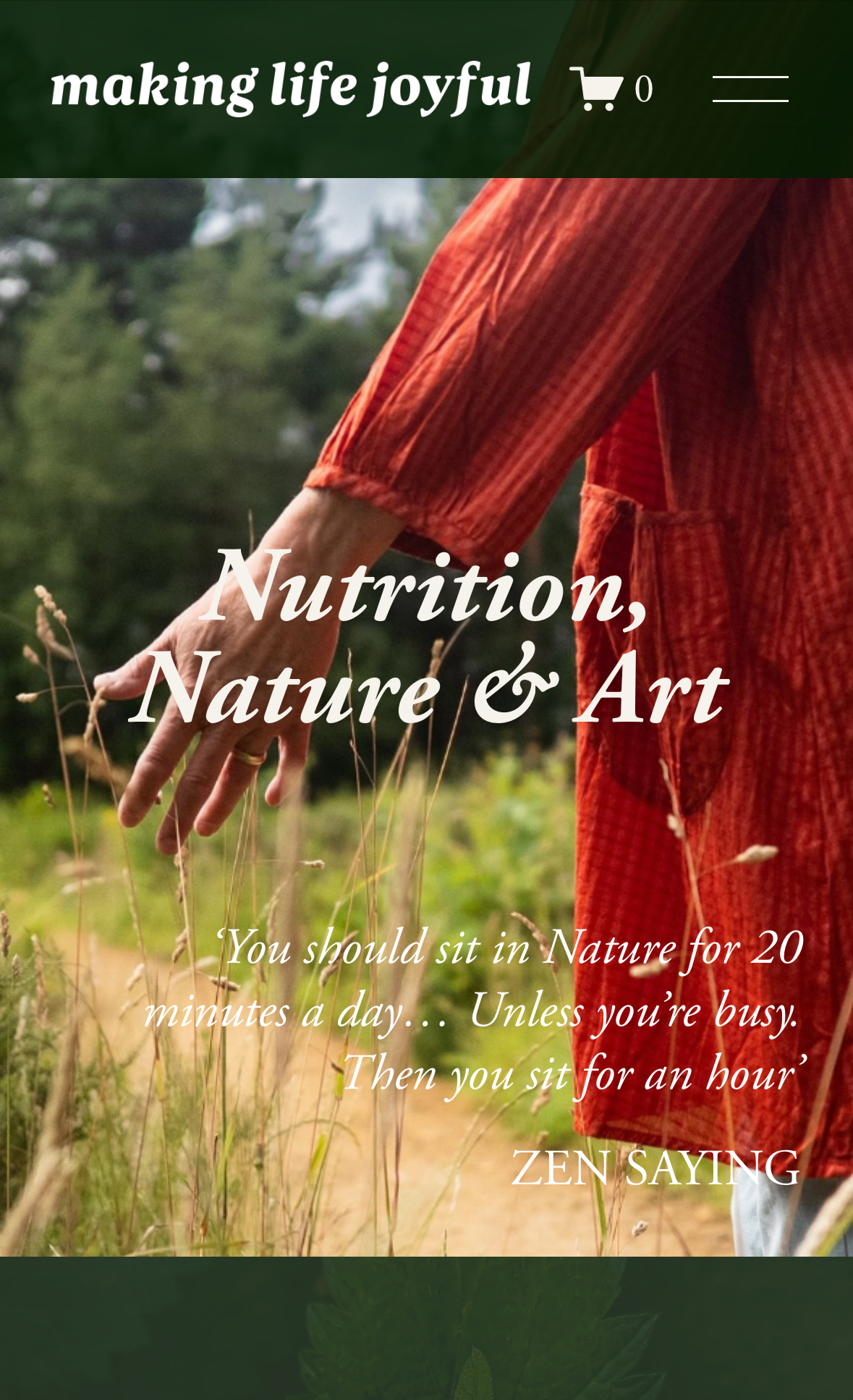
I am excited to announce the launch of Making Life Joyful, a platform designed to help you thrive and live a joyful life. Whether you’re looking to achieve optimal health, more energy, calm & vitality, or learn more about nutrition, nature and art, I’ve got you covered.
Check out the new website www.makinglifejoyful.co.uk, with a fresh new look, and updated and novel content, and let me know what you think!
This website will stay around for a while to give people a chance to read the blogs and explore the resources.
I am back...
What makes me tick?
I often get asked what made me write my book ‘Conversations on the Lost Connection with Nature’, being a nutritionist and artist.
In short, it was because of my experiences with clients as a nutritionist, my own love for Nature and concern for the future of our planet including our complex food system.
You will understand when you know what makes me tick.....
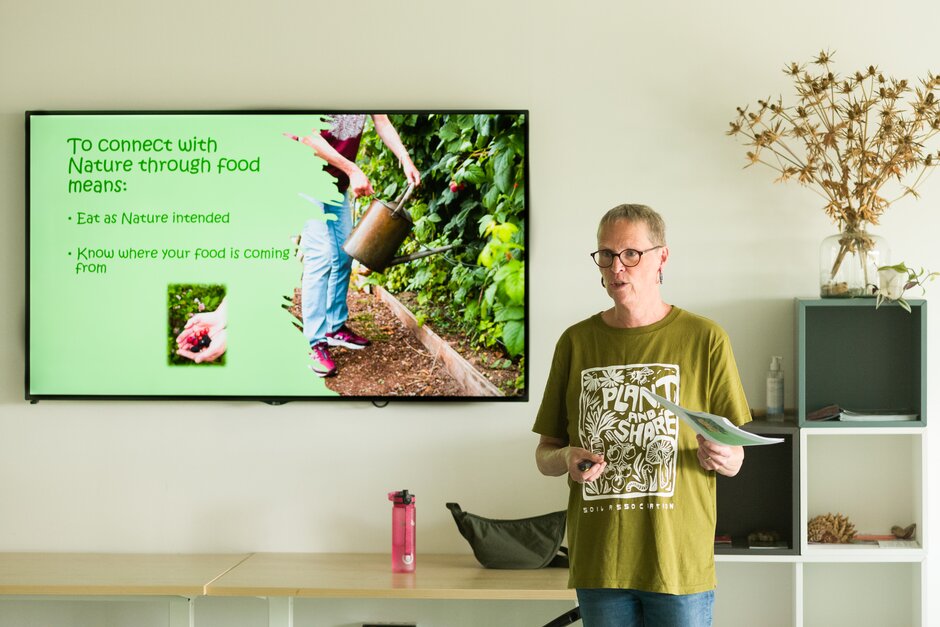
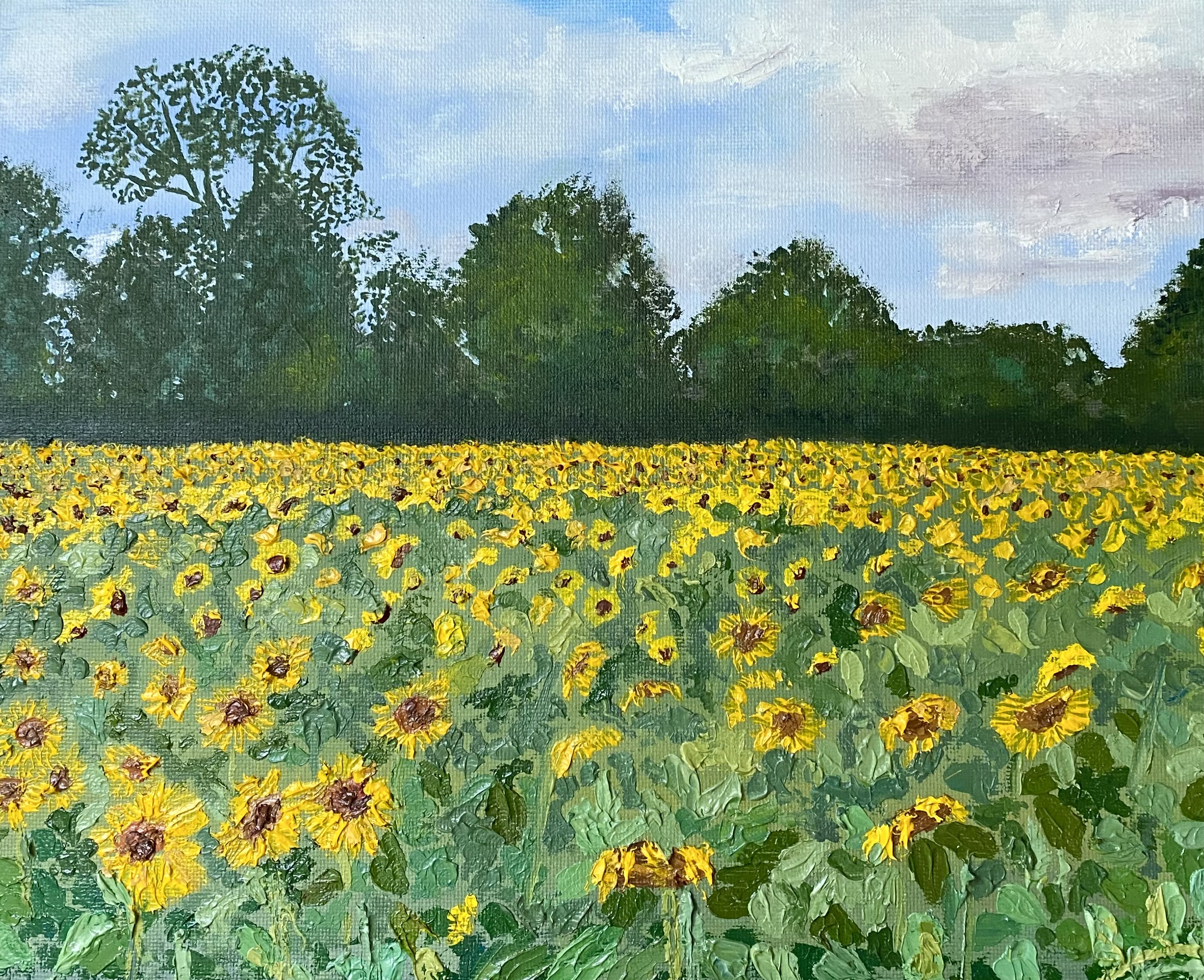
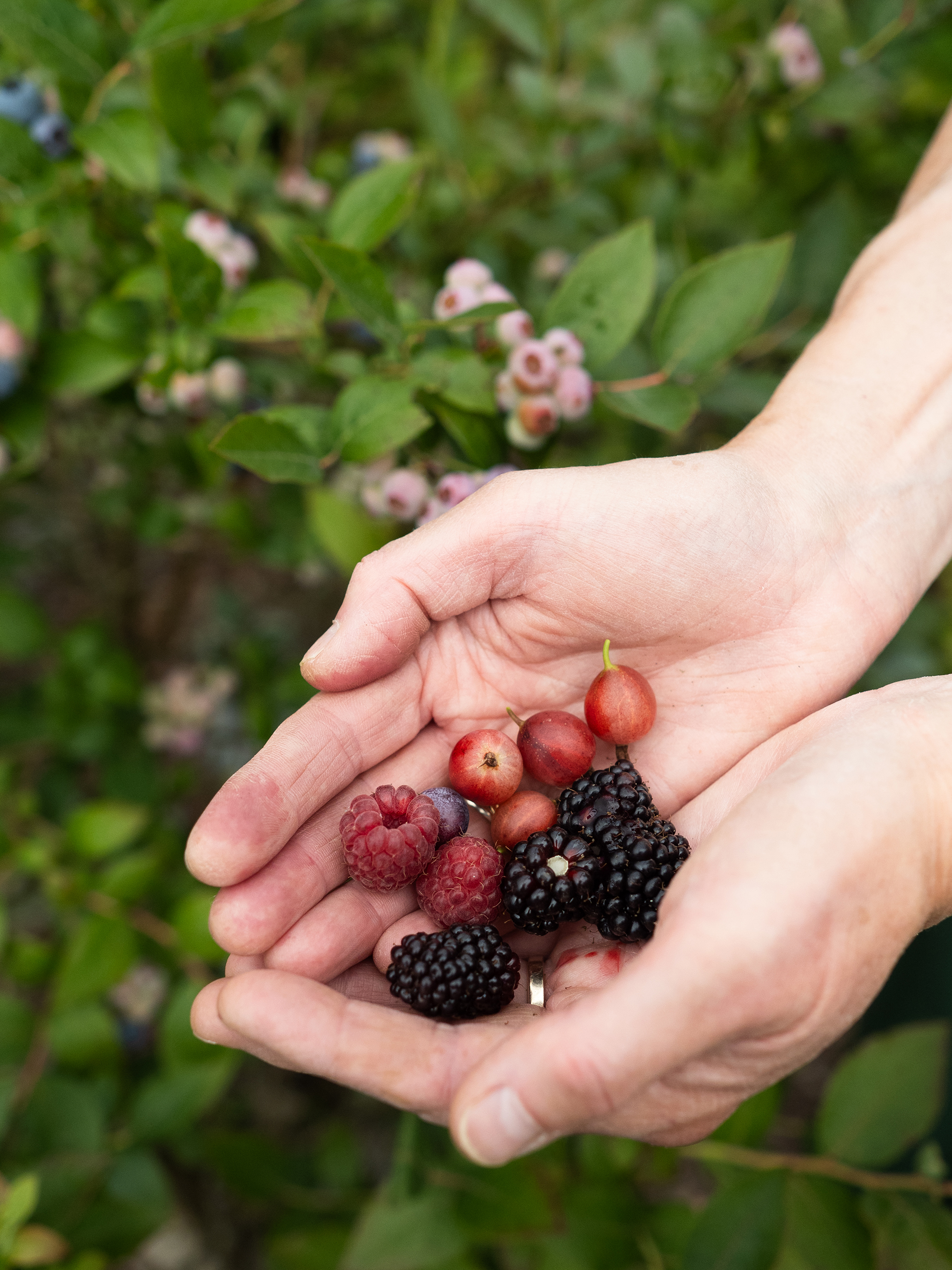
Growing your own food and connecting with Nature
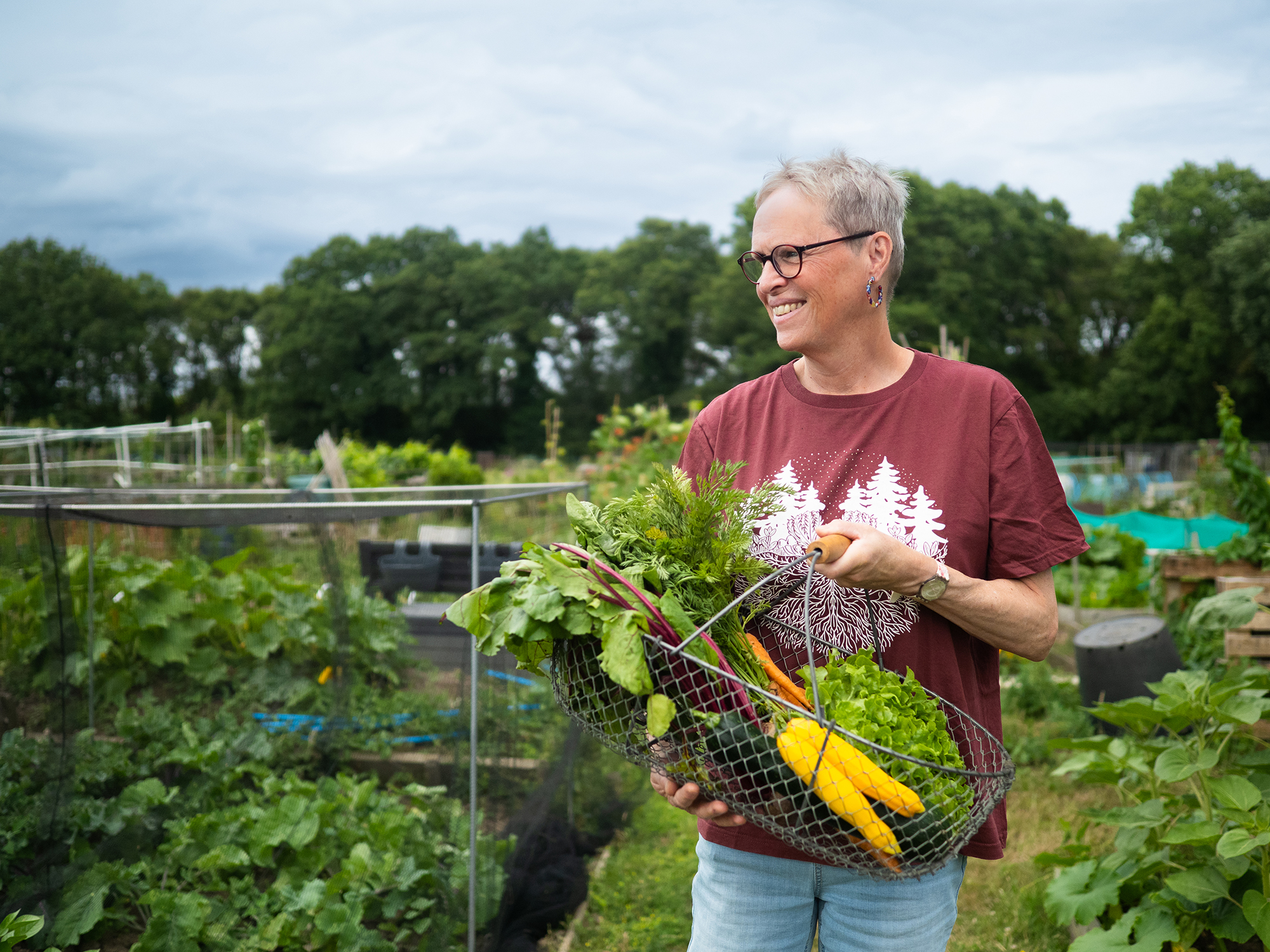
Have you ever thought of growing your own food at home?
It is a great way to connect with Nature and you decide what goes into the food you grow!
From the soil, compost, water, what kind of seeds you buy, to what you use to help growth and fight against pests.
Given the fruit and vegetable shortfall in the UK, this is the time to start growing your own.
Read more to find out what the benefits are, the most common mistakes and how to get support and knowledge.
A holistic approach to endometriosis

According to Endometriosis UK 10% of the women of reproductive age in the UK suffer from endometriosis, one of the most common gynaecological conditions and an often crippling condition. Nutritional therapy is one of the complementary therapies that can support this condition.
Make Menopause Matter - A functional approach to supporting menopausal symptoms
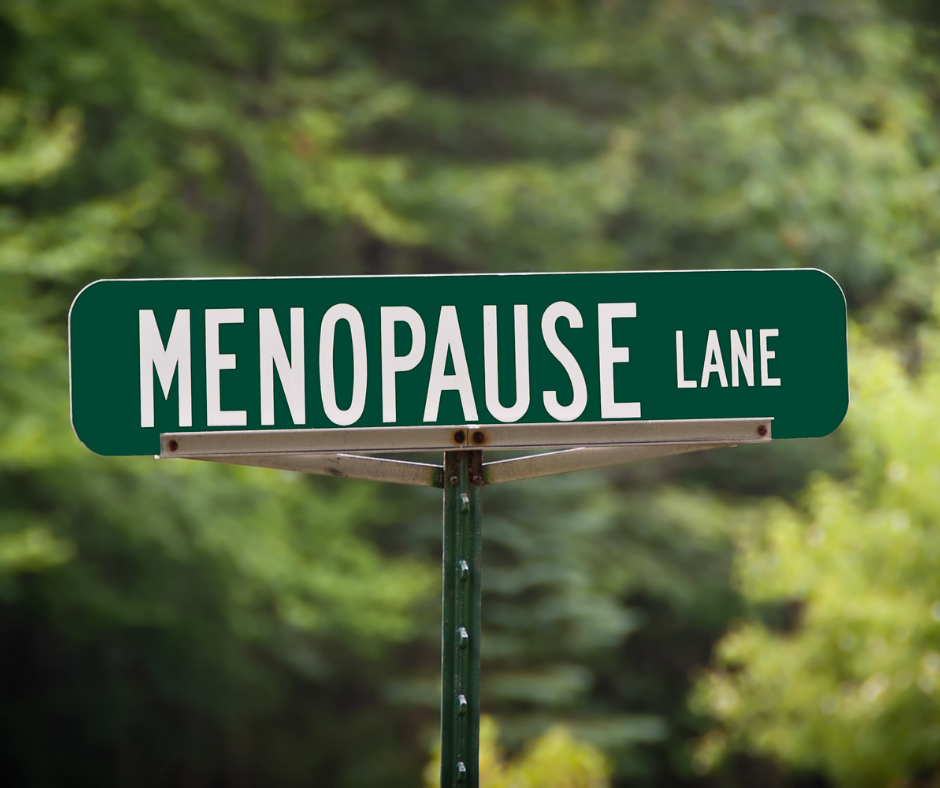
Why do some women sail through the menopause and others are clearly suffering?
Is there anything women can do to help the transition go as smoothly as possible?
Absolutely!
Let's Pull that Sweet Tooth
On Sunday 23 June I was a speaker at the Allergy & Free-From Show at Olympia, London.
My talk was about sugar: ‘Let’s Pull that Sweet Tooth – Why We Should Go Sugar-Free’
The purpose of the talk was to explore the benefits and pitfalls of a sugar-free lifestyle, especially for people with allergies and/or those following a free-from diet.
There is an increasing prevalence of food allergies and a growing interest in free-from diets due to health concerns.
Here is an overview of the content of the talk.
The Amazing Mengelmoestuin
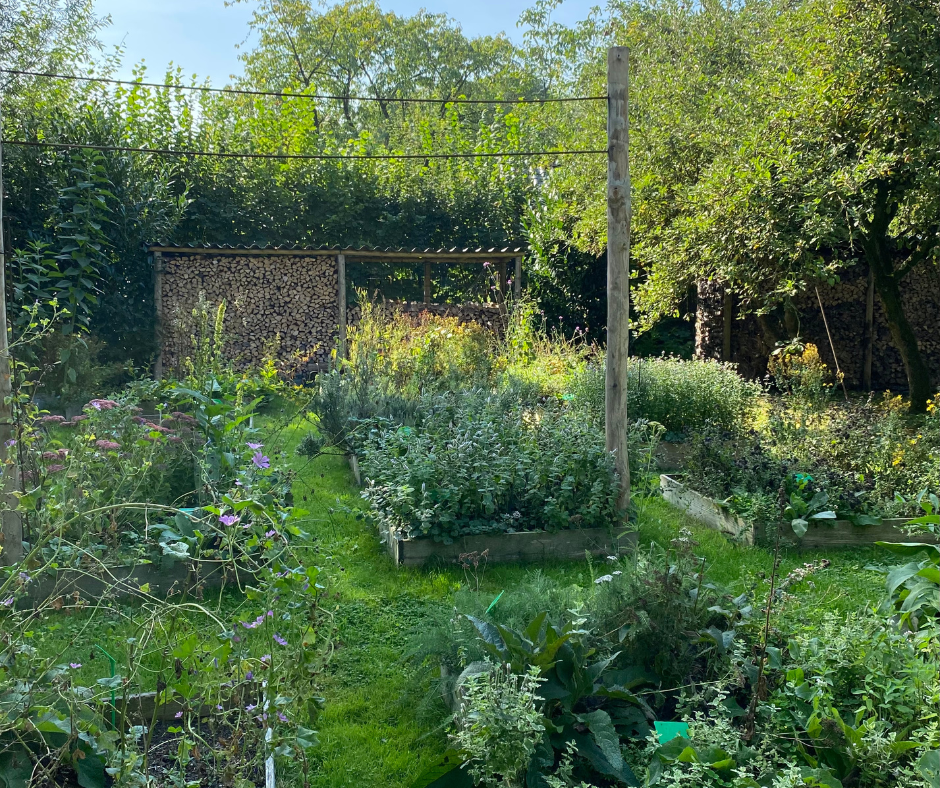
Last year in September, I visited the magical Mengelmoestuin, along a dyke between Bergambacht and Ammerstol, in the Netherlands.
Mariel, one of the owners and guardians of this amazing organic, biodynamic garden, is one of the collaborators on my book 'Conversations on the Lost Connection with Nature', a book about the importance of being connected with Nature for our health and well-being and for the future of our planet. I wanted to personally hand over a copy of the book.
It was a wonderful experience. Read more about the Magical Mengelmoestuin.
Connecting with the land, community, and country: Bollywood Farms Singapore
An organic farm in Singapore? I had to see it to believe it, and it didn't disappoint, far from it.
One of the highlights of my recent visit to Singapore.
A lush, green and peaceful oasis in the most biodiverse capital of the world, where 50% of the city is now green space.
But Bollywood Farms is not just an organic farm, it is much more!
Using all your senses to (re)connect with Nature

In my book ‘Conversations on the Lost Connection with Nature’ I talk about ways to (re)connect with Nature. There is a non-exhaustive list of suggestions in the book, and one of them is ‘using all your senses’.


